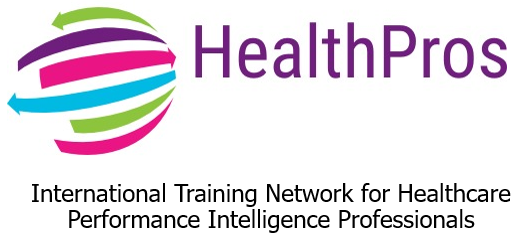ESR 11- The impact of automated international comparisons using routine large scale databases to improve diabetes care
ESR 11-Bernardo Meza-Torres MSc.
The impact of automated international comparisons using routine large scale databases to improve diabetes care
Short video on the findings during HealthPros
Host:
Prof Simon de Lusignan/Prof. Fabrizio Carinci
University of Surrey
Guildford, UK
Duration: 36 months
Bernardo will design and apply a common method to pool relevant data from existing national clinical databases. Specific applications will address research questions comparing quality of care and outcomes within and across countries, with the highest standards of privacy protection. The model will be generally applicable to a range of performance evaluation studies.
Background
The provision of high value care require sharing evidence-based information among a diverse group of stakeholders, including providers, policy makers and citizens. Performance benchmarking has been increasingly advocated as a key strategy for continuous improvement, but is still hampered by limited access to high quality information. In particular, clinical characteristics remain still difficult to use in combination with the most common process measures, due to the lack of structured models for secure data integration. In such scenario, international comparisons appear weak and hard to interpret. This project will allow identifying new standards for the automated production of health care quality indicators in Europe, using diabetes as a test bed application.
Approach
A series of studies will examine the effect of targeted interventions (e.g. smoking cessation, glycaemic control, vascular risk management, foot care, vascular surgery) and different organizational arrangements (improved adherence, reduction of vascular risk, frequency of visits, integration of primary/specialist care, minor amputations, continuity of care, etc) on diabetes-related outcomes. Selected primary endpoints will be adopted to derive actionable conclusions for policy (e.g. peripheral arterial disease and major lower amputations).
The PhD candidate will exploit the potential of world class national databases through the direct access to established networks e.g. the RCGP database, the nationwide Scottish database (SCI-FI), the Danish quality registries, diabetes-related data sources at centres of the EUBIROD network and OptiMedis.
